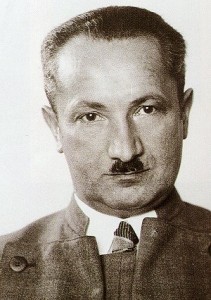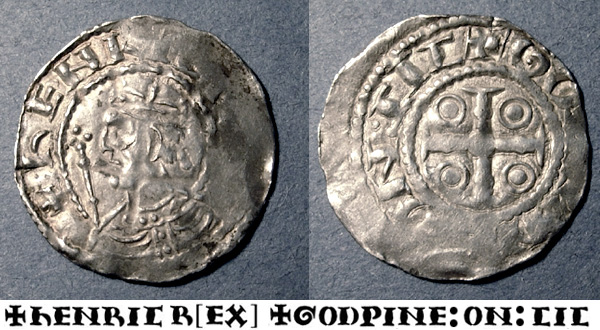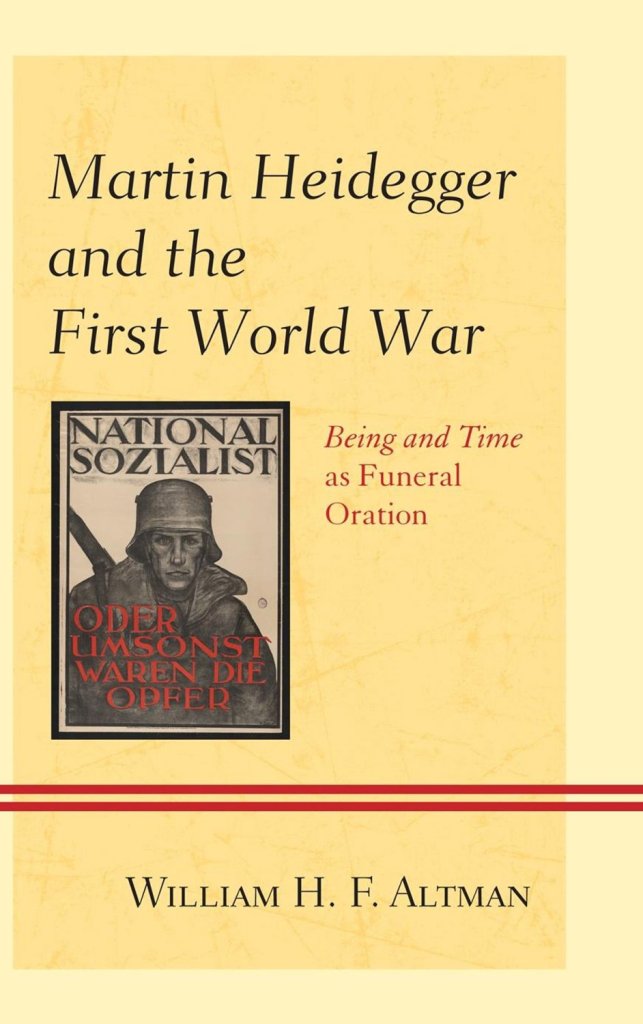Heidegger’s “Reunion Speech” of 1934
[Courtesy of the translator, W. H. F. Altman, here is the text of Martin Heidegger’s speech, delivered on the occasion of a 25th anniversary reunion in Konstanz, May 26-27, 1934.] Martin Heidegger, The Reunion Speech Twenty-five Years after Our Graduation, Reunion in Konstanz on May 26-27, 1934 Dear classmates! Our reunion—after twenty-five years and more—might […]
Heidegger’s “Reunion Speech” of 1934 Read More »


